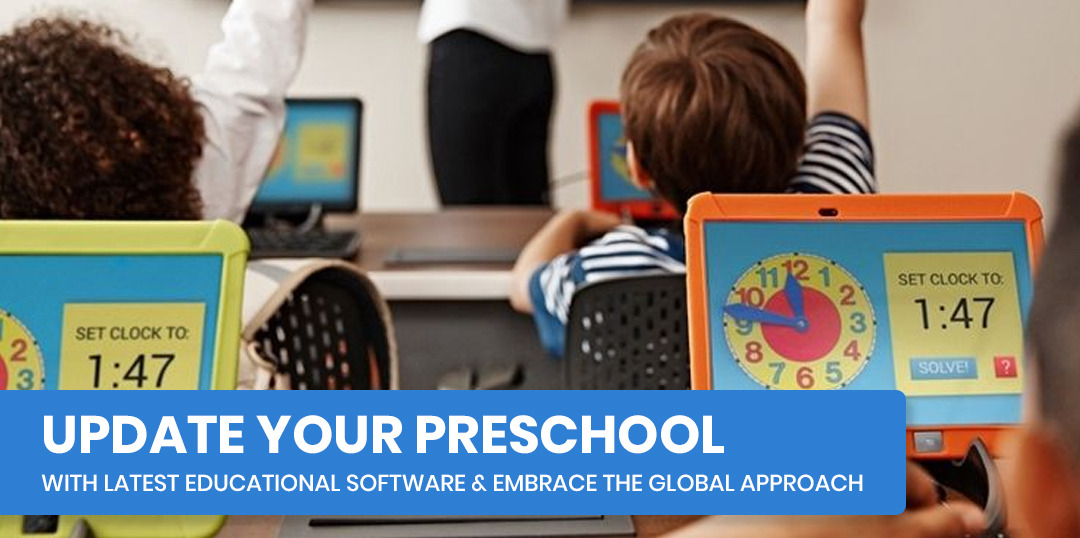Preschools welcome children to their journey of knowledge. Therefore a well-maintained modern preschool can introduce this world of education in a new way that can be gladly accepted by toddlers. Various preschools offer various approaches to early education, all promoting the benefits of their particular programs.
One approach gaining momentum throughout the globe in the early years of the primary school curriculum is play-based learning. Research confirms that play-based learning enriches children’s academic and developmental learning outcomes. It can also set your child ready for success in the 21st century by educating them on relevant skills.
What is play based learning approach?
A play-based learning approach is not all about playing with friends, rather it involves both child-initiated and teacher-supported learning. In an International preschool education provider, the teacher encourages children’s understanding and inquiry through recurring interactions that aim to extend their thinking to higher levels. children can explore, experiment, discover and solve problems in imaginative and playful ways. A study is concluding that play-based learning is more effective in primary school programs. Where children’s learning outcomes are shown to be increased in a play-based program compared to that in direct-instruction approaches.
Benefits of play-based learning
Social and emotional skills
Play-based learning is significant to a child’s development of social and emotional skills, such as the ability to improve positive relationships with peers. As children play together, they learn to get along with one another, cooperate, help, share and communicate effectively. Play also has a positive impact on the development of emotional skills. As children play in a group, they learn about empathy, recognizing their emotions, and process to regulate them.
Confidence and a positive attitude toward learning
One of the most important benefits of play-based learning is boosting confidence. Confidence helps a child develop the ability to try new things and take on challenges. Allowing children to select the way they play enables them to grip concepts more easily because they are interested and engaged in what they are learning. It enables independence in their learning as they lead the way. Every International preschool education provider works with play-based learning. There is no pressure on the result, and learning at their own pace helps a child develop a positive attitude to learning.
Language and literacy development
During preschool years, a child’s vocabulary grows and develops relatively. Play-based learning motivates conversations to occur naturally. Even joining individual play-based learning classes encourages language and communication. Playing with each other, children unknowingly engage in different forms of communication, including storytelling, negotiation, and goal sharing. Teachers and parents should support language development through play by encouraging conversation with the little one, asking questions, and introducing new words.
Creativity and imagination
A child can use anything to spark their imagination. Imagination leads to creativity. It may seem as if they come naturally to children, however, they are skills that are learned and developed. Playing must be chosen willingly to foster an imaginative environment. Children are creatively problem-solving in their nature. This approach subsidizes them to grow into creative, resilient adults who can adapt to the world around them.
Motor Skills
Motor skills are definitely not the least important quality a child should grow. International preschool education providers encourage children to develop both fine and gross motor skills through play. Activities like throwing, climbing, running, and jumping improve gross motor skills, balance, and hand-eye coordination. Fine motor skills are nurtured through play activities such as drawing, painting, building, or role-playing.
Learningbox education provides high-quality syllabus and multimedia software across Malaysia, Indonesia, Vietnam, Thailand, and India that implement the latest teaching strategies and approaches for effective class management. With their exclusively structured interactive classroom software that comprises animation, stories, songs, and entertaining games designed for teachers to boost children’s learning ability, preschool children naturally enjoy their learning process. To know more about their activities and management, please go through the official website.
